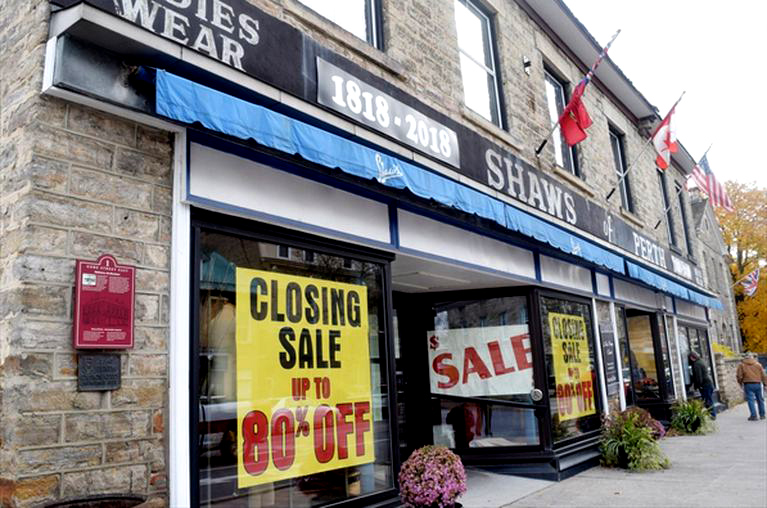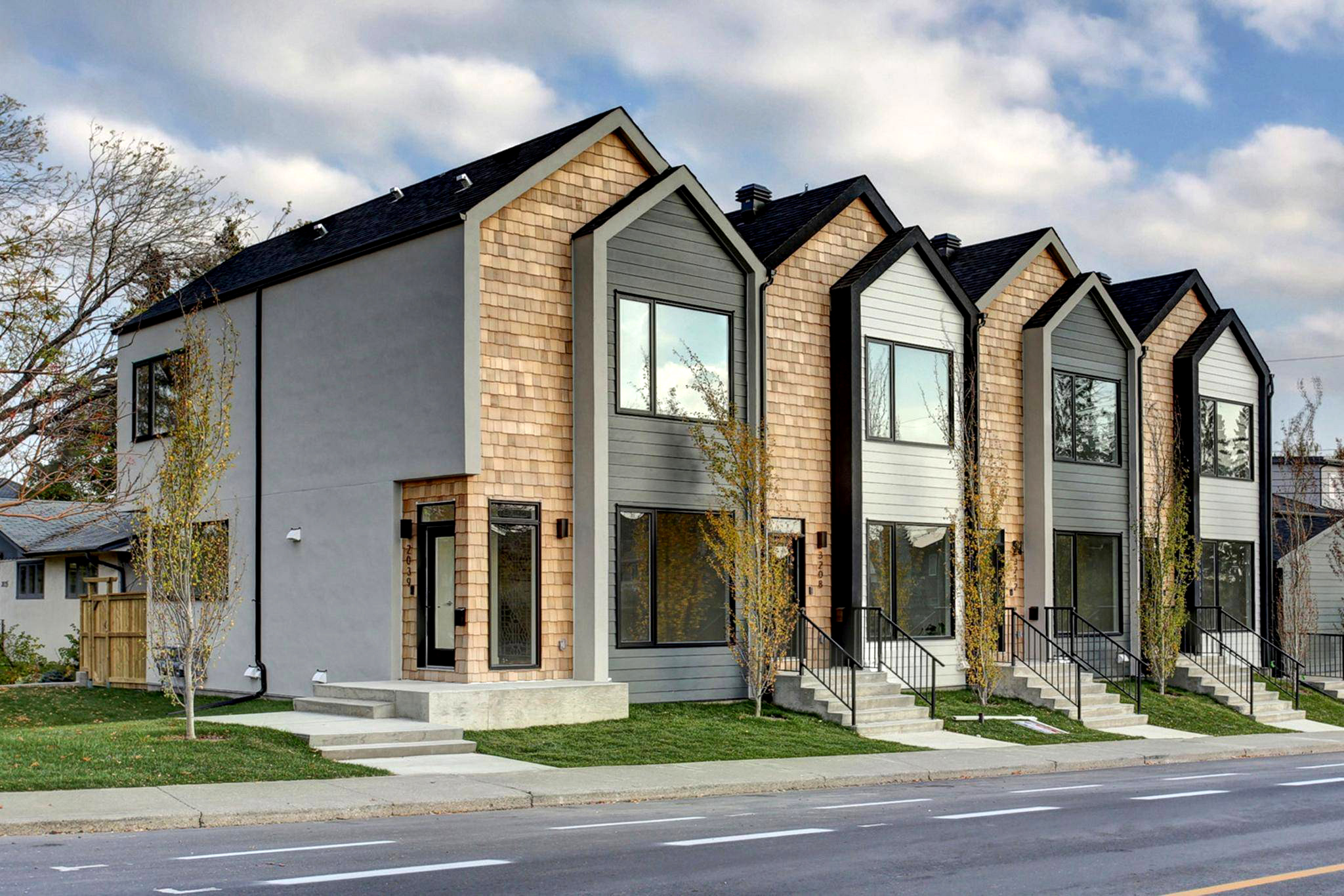New Year’s Resolutions—we’ve all made them. We see a new year as a chance to start off on a clean slate and it feels like we’re programmed to think of January as this opportunity for growth and development.
For some Canadians, their goals may involve changing their housing situation. Some are seeking to buy their first home in 2024, while current homeowners may want to upgrade, or realize it’s time to downsize. However, even if you have ideas for your housing goals for the new year, the market may have other plans.
Interest rates are much higher than they were during the height of the COVID-19 pandemic, and these higher rates mean would-be home buyers may be slower to make movements.
We spoke with Ryan Biln, an economist with the Canadian Real Estate Association (CREA) to learn more about mortgage trends to watch for in 2024.

Follow the bond market
While the rising rates of 2023 may have been shocking to some, Biln notes they’re less shocking when you follow bond yields—how much return investors received on their bond investments. When you follow the trends of bond yields over the last three years, they’re relatively in line with interest rates.
At the start of the pandemic, the economy practically shut down, and bond yields had fallen ahead of lower interest rates. That’s when Canadians were able to lock in at incredibly low rates—some even lower than 2%. However, by late 2021 and early 2022, bond yields were back on the rise as inflation climbed.
“With bond yields up, fixed mortgage rates followed,” Biln says, “and by the spring of 2022 most financial institutions in Canada had raised their fixed mortgage rates.”
At the start of 2023, fixed mortgages were slightly lower because of lower bond yields, but when the Bank of Canada paused hiking rates over the summer, Biln says buyers “have been in hibernation mode ever since”. In order to get a sense of what’s to come in 2024, Biln reiterates following what happens in the bond market.

It’s all about the stress test
Even when rates are high, buyers need to remember the Office of the Superintendent of Financial Institutions’ (OSFI) stress test is even higher. When rates were low, being tested at 2% higher may not have caused buyers to reconsider. Now with higher rates, buyers are being tested at close to 8%—a lofty threshold for a lot of potential buyers.
“Where things stand now, it’s been tough for most borrowers to pass the test,” says Biln, “and that’s why we have such a standstill in the market.”

Final predictions
Ultimately, Biln notes that while bond yields are an indicator, it really comes down to inflation and interest rates. The Bank of Canada announced in December it would be leaving the benchmark interest rate unchanged at 5% and it’s widely believed the first rate cut should come sometime around the spring of 2024. Bond yields have been dropping, but inflation will need to reduce before we see major changes in Canadian mortgages.
The good news for buyers who are willing to take the plunge right now is inventory has picked up in most markets. Biln notes this could create an advantage—buying in a market with increased inventory and less competition may lead to more negotiating power for you and your REALTOR®.
Shaun Bernstein – Canadian Mortgage Trends and Factors in 2024 – Realtor.ca/blog

 Facebook
Facebook
 X
X
 Pinterest
Pinterest
 Copy Link
Copy Link













